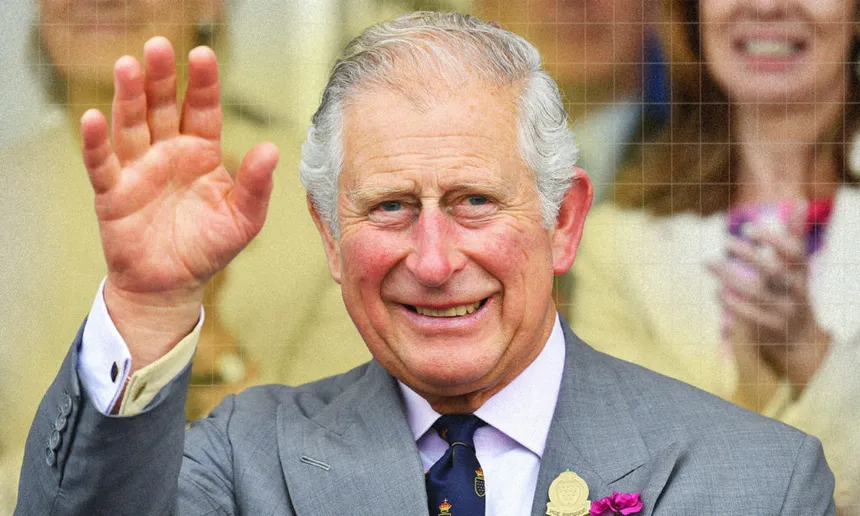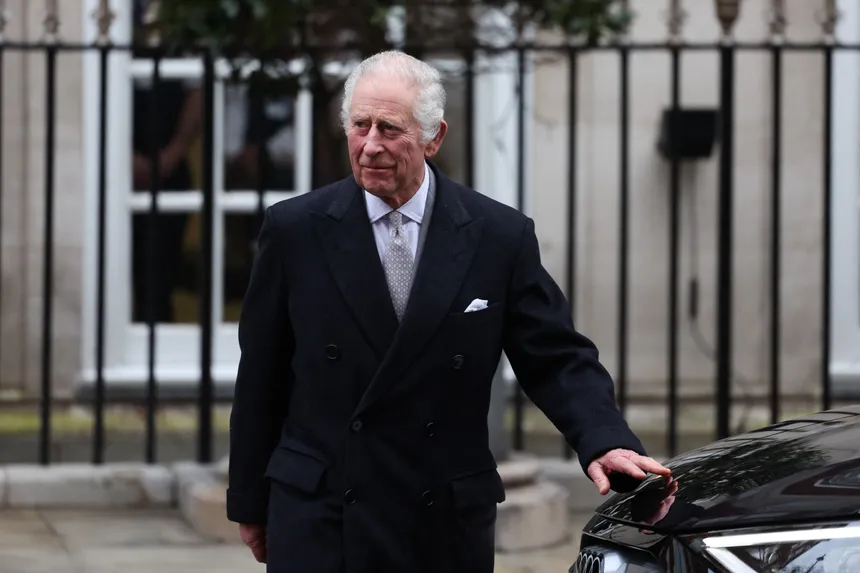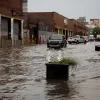King Charles has warned world leaders gathered at Cop28 that the world is going on a “vast, frightening experiment” on the natural world, which risks triggering catastrophic feedback loops in the climate system. The king’s stark words come as leaders from over 130 countries struggle to make progress on tackling the climate crisis.
Noting that 2023 was the hottest year on record, the king told the summit, “Records are now being broken so often that we are perhaps becoming immune to what they are really telling us. We need to pause to process what this actually means: we are taking the natural world outside balanced norms and limits, and into dangerous, uncharted territory.” He warned that the choice ahead is stark and dark: “How dangerous are we actually prepared to make our world?”
The UN secretary general, António Guterres, echoed the king’s concerns, saying that the world is “miles” from fulfilling the Paris agreement and only “minutes to midnight” when it comes to the 1.5C goal. However, he insisted that leaders can still make a difference if they exercise “political will” and pointed to the technologies available to avoid the worst of climate chaos if they act now.
As world leaders met in Dubai, many came forward with commitments to a fund for loss and damage, which aims to help vulnerable countries recover from climate-related disasters. The fund has received $420m in contributions so far, but some developing countries have expressed disappointment that some funding appears to be repurposed from existing aid and takes the form of loans.

The summit also saw the signing of a declaration on transforming food systems, which recognizes the critical relationship between climate change and agriculture. More than 100 countries committed to including food and land use in their climate plans by 2025. The declaration was widely welcomed by small-scale and indigenous farmers, food rights campaigners, and consumer associations.
A UN report warned that droughts supercharged by global heating are an unprecedented emergency on a planetary scale, leading to food shortages and famine. The report highlights the devastating impact of droughts on low- and middle-income countries, where 85% of those affected live.
Luiz Inácio Lula da Silva, Brazil’s president, called for more support from developed countries, arguing that governments have a responsibility to act together to address the climate crisis. He pointed to the trillions of dollars spent on weapons, saying that these resources could be better spent combating hunger, inequality, and climate change.
Will the world be able to come together to address the climate crisis? The answers remain uncertain as world leaders continue their meetings into the weekend.

